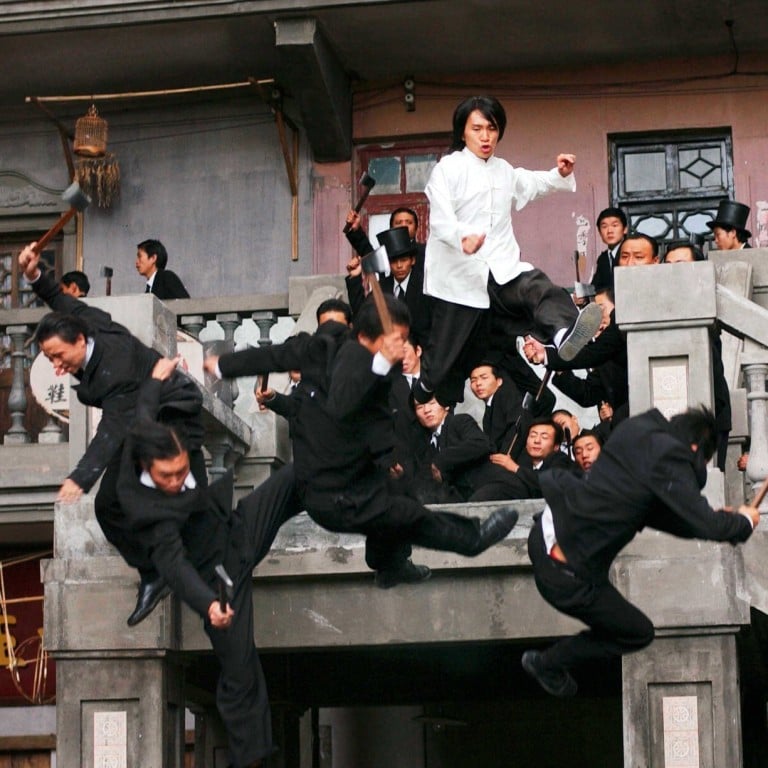
Stephen Chow on Kung Fu Hustle, film that made him a household name in global movie circles
- Already a successful director in Hong Kong, Chow became a man to watch in global cinema with Kung Fu Hustle, a comedy tribute to the different styles of kung fu
- He had to talk veteran martial arts actors into appearing in the film, and used less slang and more action than in past films, with American audiences in mind
Three years in the making, the movie Kung Fu Hustle became an international hit after it opened in 2004 and transformed Stephen Chow Sing-chi, who turns 58 on June 22, from a Hong Kong icon to a household name in world cinema.
A homage to the martial arts films that Chow loved as a youth, the action comedy helped resurrect the careers of performers such as Yuen Wah and Yuen Qiu, and even brought Bruce Leung Siu-lung out of retirement.
Chow set the themes he explored throughout his career in a romanticised, 1940s Shanghai found only on the silver screen. He not only wrote and directed the film, but had an acting role, playing a bullied underdog and petty crook who resorts to theft and blackmail before redeeming himself through martial arts.
Kung Fu Hustle premiered in the United States at the Sundance Film Festival before opening in cinemas in April, 2005. Chow talked to this writer about the making of the film at an interview that year.
What inspired you to make Kung Fu Hustle ?
Hong Kong martial arts cinema – everything you need to know
When did you decide on the casting?
Actually, there were a lot of Seven Little Fortunes at that time. A male group and a female group. Yuen Qiu, who plays the landlady, belonged to the female group. She’s the “big sister” of Jackie Chan and Yuen Wah and all the others.
Now she has her own family, she became a grandmother, and she didn’t really want to get involved in this business again. She plays mahjong all day long, has a beautiful life. Bring her back to work, make her gain, like, 30 pounds (14kg), do a lot of stunts – it was tough.
They didn’t want to work with you?
Their situation was different, they have their own lives, they’re not in the business any more. It took time to convince them that I wanted to make a real kung fu movie, that I’m really serious about this.
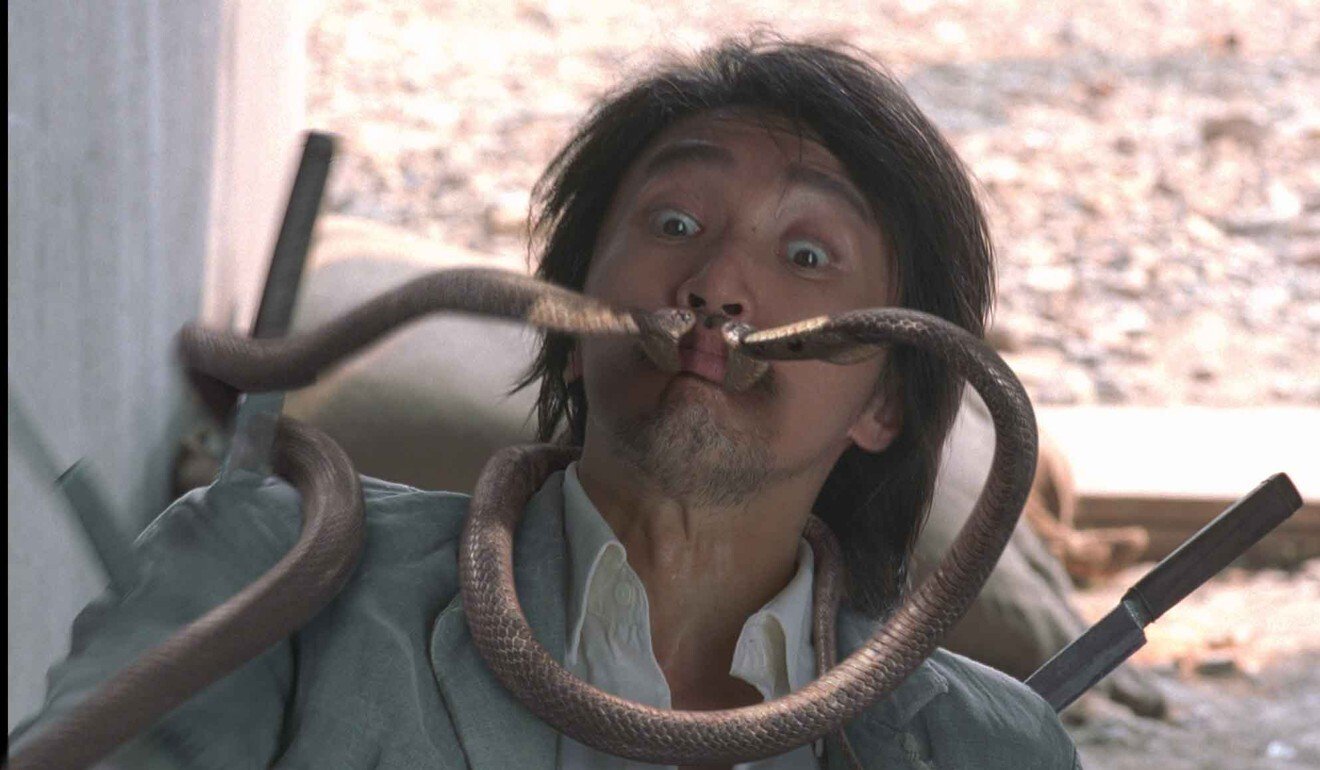
Along with established stars, you cast a lot of non-actors. Are they hard to direct?
For the experienced actor you spend less time, with the new face maybe you need more time to communicate, that’s all. But the point is not to teach them, it’s how to make them feel comfortable in front of the camera. Once they get used to it, they will do it smoothly.
What about directing yourself?
That’s true, it’s one of the most difficult parts. Sometimes I get lost, and I need someone to correct me. Or I pay attention to the others and I need someone to remind me about my acting. It’s so embarrassing to retake a whole shot because of my mistake. And I make a lot of mistakes all the time.
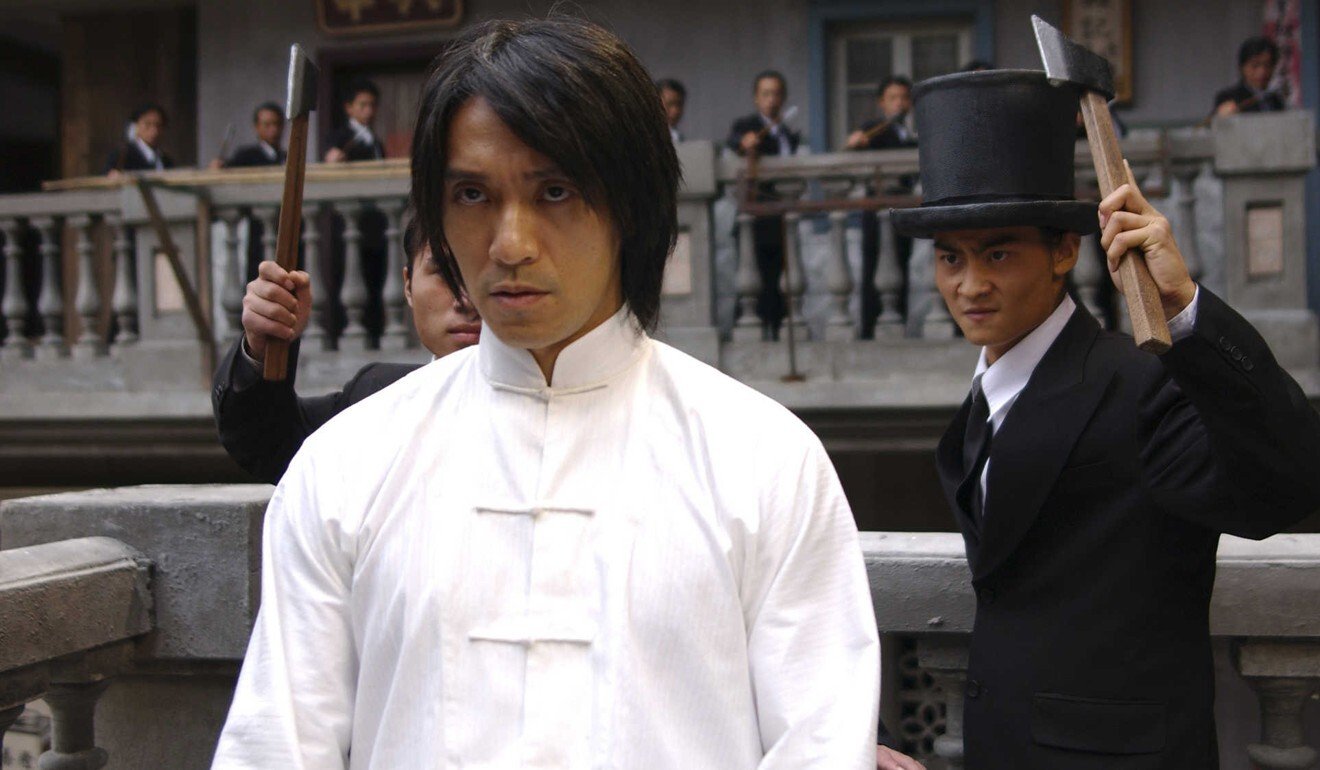
What’s the hardest part? You have to wear a wire shirt all the time and you’re punching and kicking all day long. For a 42-year-old man like me … [laughs]
The script is a sort of history of martial arts.
Yes, you’re right. Well, I would say the different styles of kung fu in history coming together is the conclusion of the film. The idea in the beginning was how to make those styles different. We start with traditional styles until at the end the action is exaggerated, in a hi-tech design that might make you think of The Matrix . Trying to fit so many styles together was difficult.
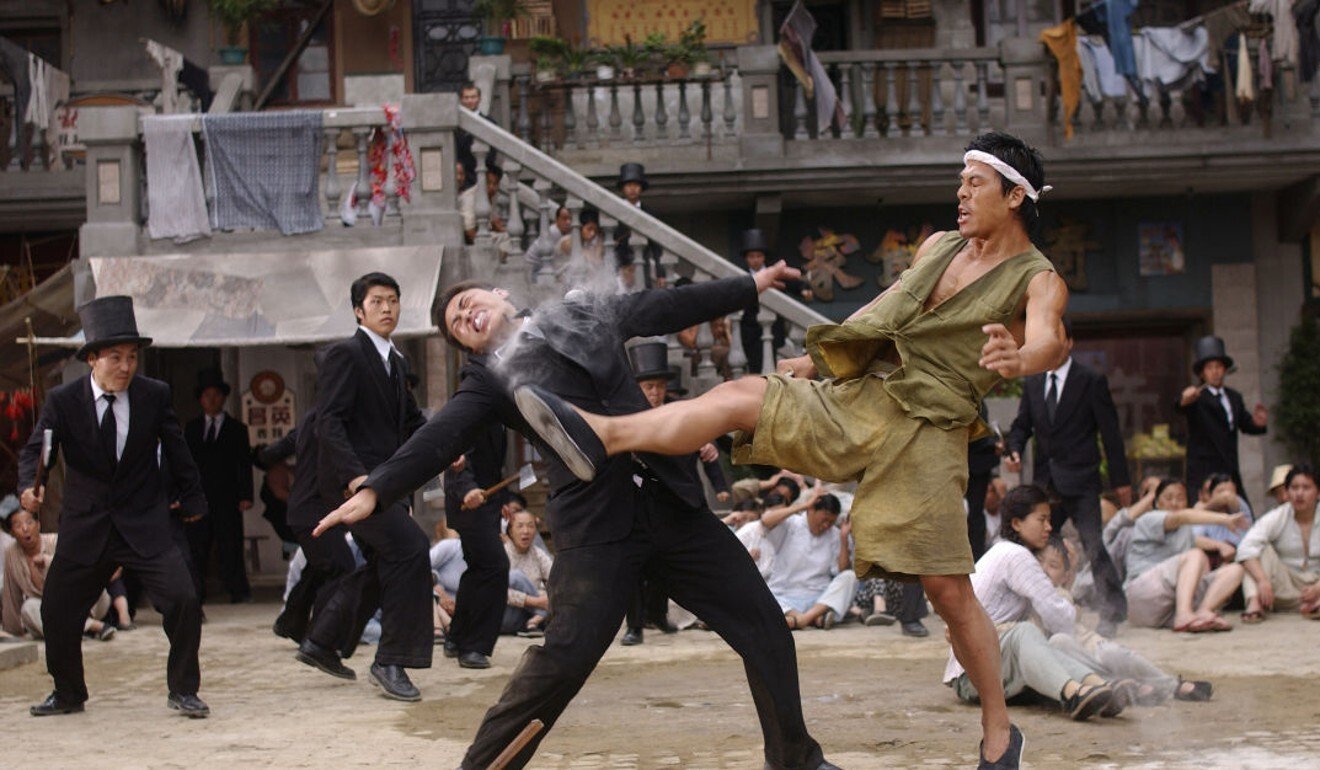
You’re using a lot of different filmmaking styles too. Traditional martial arts, but also cartoon effects.
Like the Roadrunner [effect based on the Looney Tunes cartoons], when the landlady is chasing me. Actually that idea came up at the last second, it wasn’t in the original script. I asked my team, “Did you ever see the Roadrunner? He runs so fast, his legs become like wheels.”
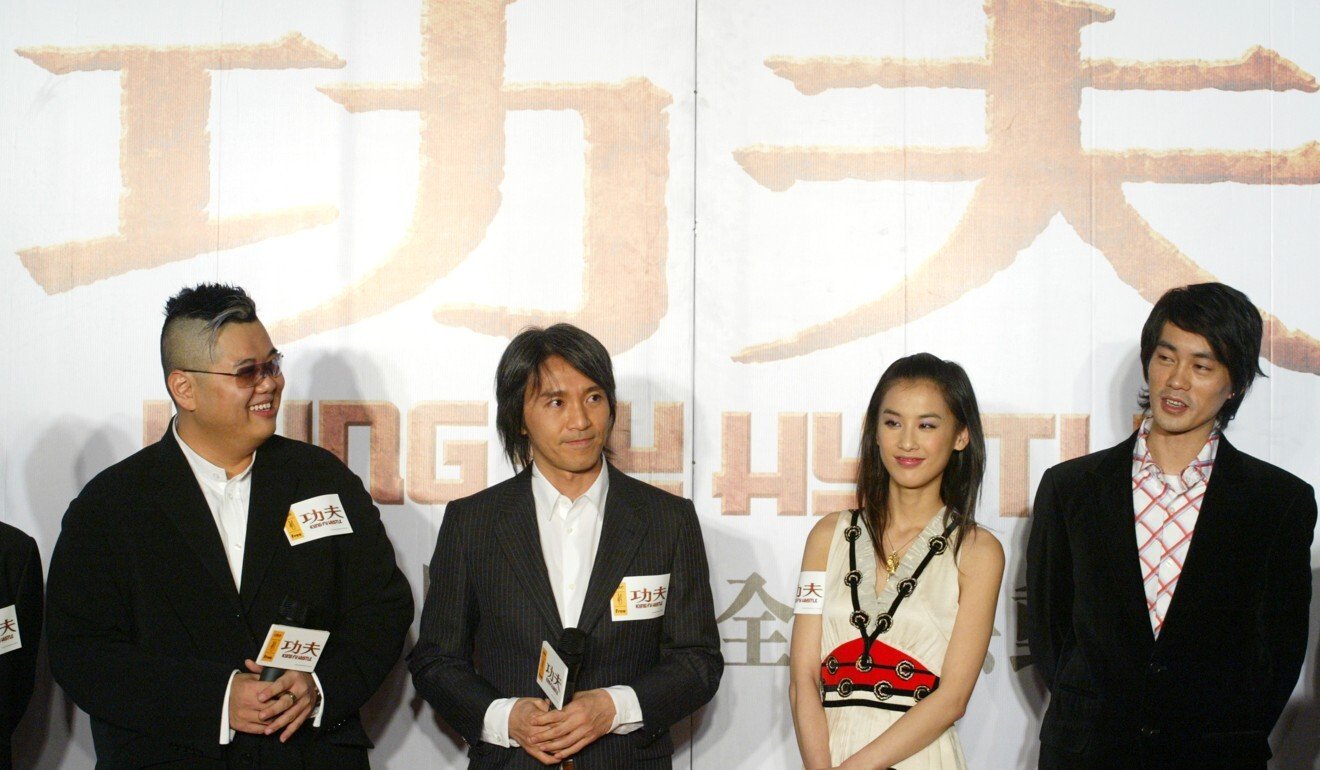
It was complicated work. Once you bring in CGI it becomes more difficult. More people have to get involved.
Do you worry that viewers in America might not understand some jokes?
Yes. This is something I’m always concerned about. I want to reach the point where I can make one movie that’s suitable for different audiences in different countries. In Kung Fu Hustle I tried to use less slang. If I can present my ideas with action, or anything visual, instead of jokes or slang, it makes it easier for the audience.
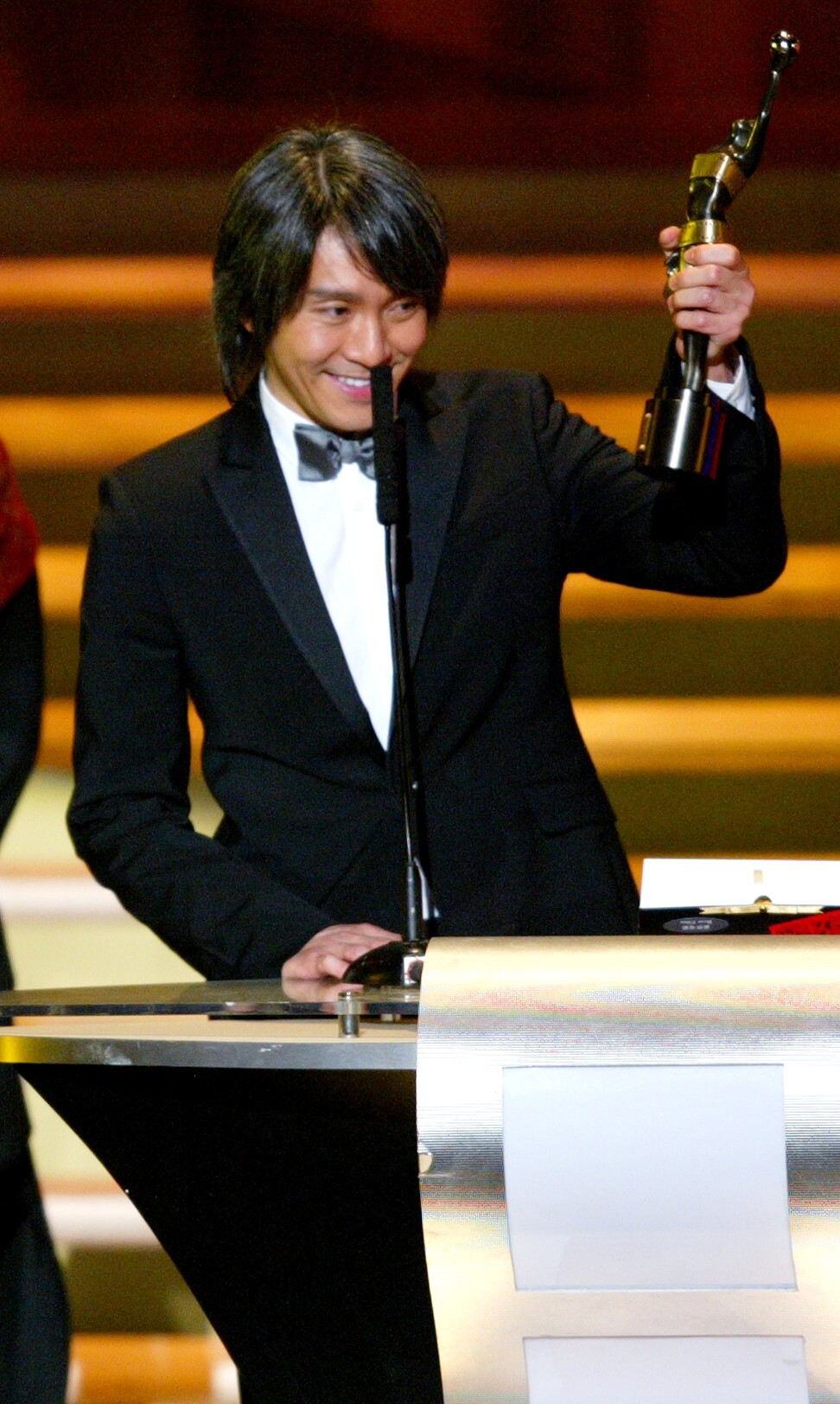
Some of the themes here were popular in silent American comedies. Have you been inspired by filmmakers like Buster Keaton and Charlie Chaplin?
The underdog becomes a hero – it’s also a Chinese tradition. One of the first movies I remember seeing was City Lights, with Chaplin and the blind girl.
How should American viewers approach your film? Is it comedy? Martial arts?
I want them to feel this is something really different. Of course I think it’s funny and a lot of action, but it’s totally different from any other kung fu film.
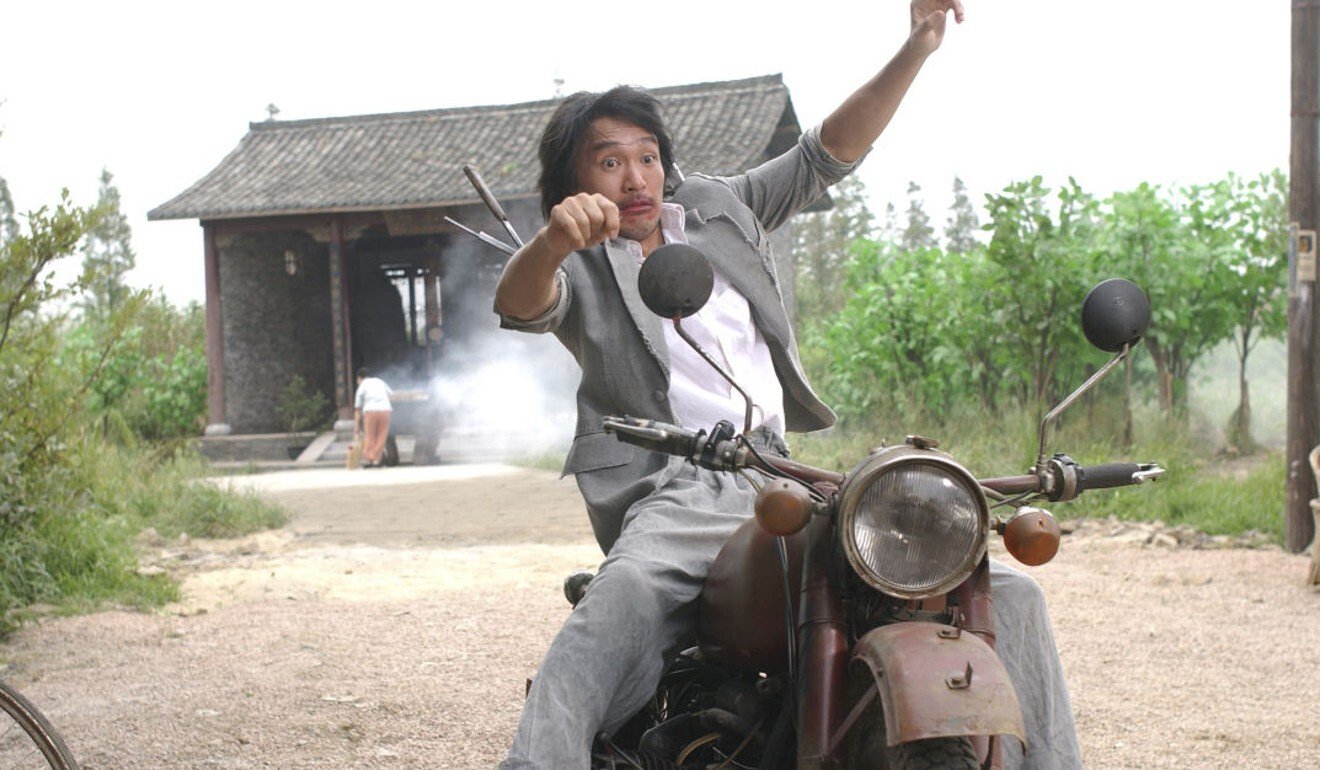
In this regular feature series on the best of Hong Kong martial arts cinema, we examine the legacy of classic films, re-evaluate the careers of its greatest stars, and revisit some of the lesser-known aspects of the beloved genre. Read our comprehensive explainer here.
